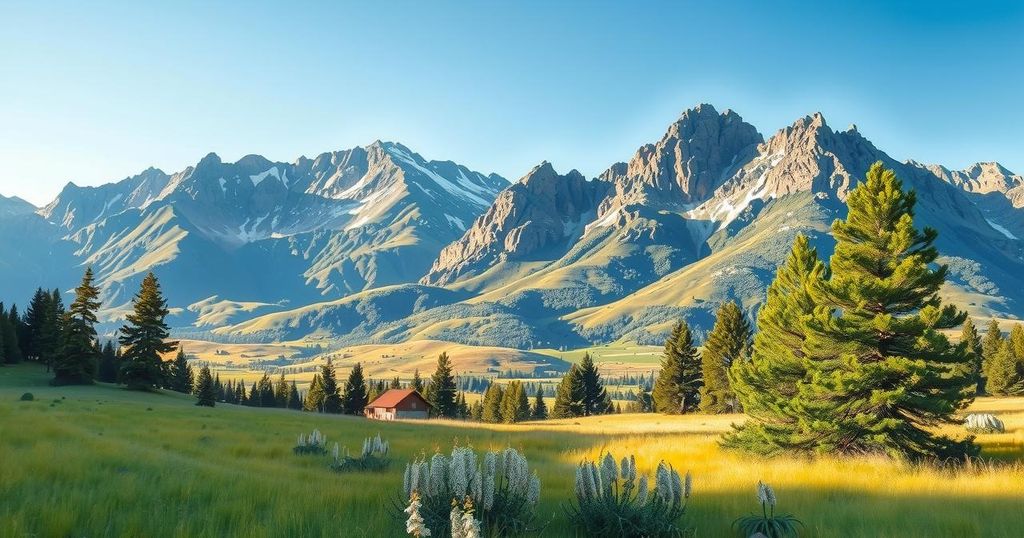Colorado is considering House Bill 25-1286 to protect outdoor workers from extreme temperatures by requiring shade, heated shelters, and water access. Supporters highlight the urgency due to climate change, while opponents cite potential regulatory overlap with OSHA. The bill is backed by labor groups and will have its first hearing on March 13.
In Colorado, lawmakers are deliberating on House Bill 25-1286, which mandates that employers provide shade, heated shelters, and access to water for outdoor workers facing extreme temperatures. The bill aims to introduce scheduled rest breaks to safeguard employees’ health in both hot and cold conditions.
Supporters of the bill assert its necessity, citing the intensifying effects of climate change on heat and cold risks. However, critics argue that the proposal merely duplicates existing Occupational Safety and Health Administration (OSHA) regulations and may interfere with work schedules.
The bill has garnered support from labor and advocacy groups, yet it is encountering resistance from industry organizations. The first committee hearing for the bill is scheduled for March 13.
Alex Sánchez, president of Voces Unidas, emphasized the importance of this legislation, stating that “Employers should provide essential and basic protections to workers, like shade, water, and warming shelters. These are not luxuries. These are common-sense necessities to protect the health and even to save lives.”
Addressing extreme temperatures is crucial as they present significant health risks such as heat stroke and frostbite, particularly for outdoor workers in sectors like construction and agriculture. Extreme heat remains the leading weather-related threat in the United States, and climate change is anticipated to elevate the frequency of such conditions. While OSHA provides guidelines, enforcement is inconsistent, leaving many workers at risk; this bill could establish a model for enhanced protections at a national level.
In summary, Colorado’s House Bill 25-1286 aims to enhance worker protection against extreme temperatures by mandating access to shade, heated shelters, water, and rest breaks. While proponents highlight its necessity due to climate change, critics raise concerns about overlapping regulations. This initiative could play a significant role in improving worker safety standards across the United States.
Original Source: www.dailyclimate.org






